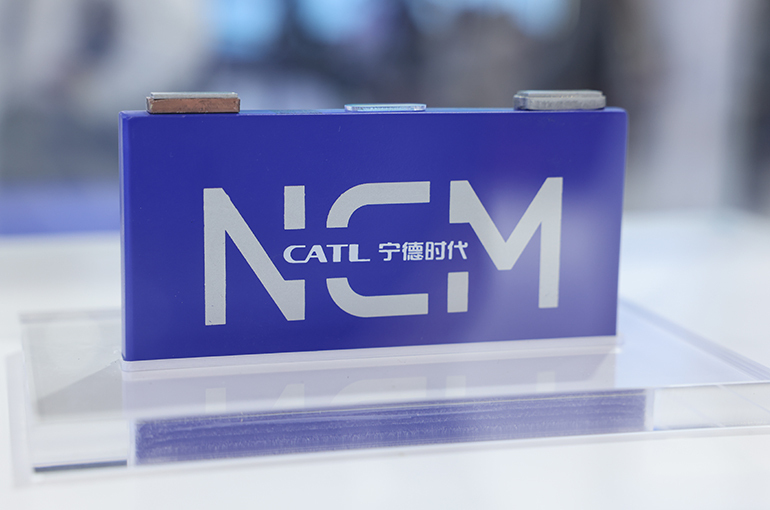 CATL, Gree, Other Chinese Industrial Giants to Buy Back Shares
CATL, Gree, Other Chinese Industrial Giants to Buy Back Shares(Yicai) Oct. 27 -- Twenty-one large Chinese industrial firms, including Contemporary Amperex Technology and Gree Electric Appliances, laid out plans yesterday to buy back some of their mainland-listed shares in a bid to shore up their valuations.
CATL will repurchase stock worth between CNY2 billion and CNY3 billion (USD274 million and USD411 million) and allocate it to the company’s incentive or stock ownership schemes, Chairman and General Manager Zeng Yuqun said. Zeng owned 23.3 percent of the Ningde-based battery titan as of yesterday.
Home appliances maker Gree intends to buy back from CNY1.5 billion to CNY3 billion of shares so as to either reduce the Zhuhai-based firm’s registered capital or put them to use in similar staff benefit programs as CATL, Chairwoman and President Dong Mingzhu proposed. Gree has repurchased 525 million shares since 2020 and canceled 384 million.
Share buybacks are an important way of maintaining a company’s investment value and raising investor returns, Huafu Securities said, adding that they are used worldwide and are a basic institutional arrangement in the capital markets.
By retiring some of a listed company’s shares from the market, buybacks can boost the value of the remaining stock by increasing earnings per share and signalling confidence in a business, among other advantages.
CATL’s stock [SHE: 300750] jumped 3.7 percent to close at CNY184.72 (USD25.25) in Shenzhen today, while Gree’s share price [SHE: 000651] rose 2.5 percent to CNY34.22 (USD4.68).
Another 19 industry leaders, including Goertek, a manufacturer of acoustic components and consumer electronics, Shenzhen Hello Tech Energy, a maker of portable energy storage devices, paper producer C&S Paper and drugmaker Livzon Pharmaceutical Group, also said yesterday that they will buy back shares or their chairmen will hike their holdings.
Share repurchases help boost market sentiment when stock prices are low, said Citic Securities. Increases in shareholding ratios, more buybacks, fewer fundraisers and stake sales in combination with China’s countercyclical regulation have all helped to improve liquidity in the mainland market, it added.
Editor: Kim Taylor